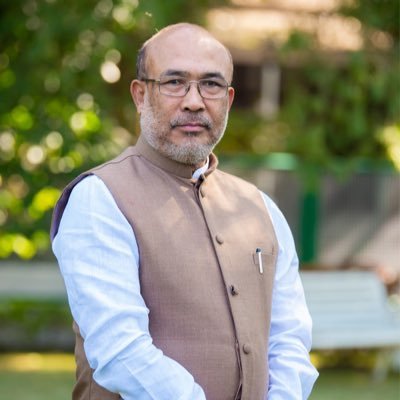India’s Historical Secularism and Its Current Challenges
Democracy and Plurality: The Vibrancy of Indian Society
India, a country known for its rich cultural heritage and diversity, has a long-standing tradition of secularism. The country’s democracy and plurality have always been its strength, providing its citizens with the freedom to express themselves and follow their beliefs.
Sarva Dharma Sambhav: The Foundation of Indian Secularism
The term “Sarva Dharma Sambhav” has been at the core of Indian secularism since ancient times. It means that all religions are equal, and everyone has the right to practice their religion without any discrimination. This principle has been the foundation of India’s secularism, and it has been reflected in the country’s constitution as well.
The Historical Roots of Indian Secularism
India’s history of secularism dates back to the Vedic period between 200 BC and 300 CE. The Vedic dharma tradition, which is considered the oldest religion in the world, emphasizes the principles of tolerance and respect for all religions. The tradition of religious tolerance continued through the medieval period, with the Mughal Empire and other rulers of the time, who were known for their secular outlook.
The Challenges to India’s Secularism Today
Despite India’s long-standing tradition of secularism, the country is currently facing challenges from extremist groups who seek to undermine the principles of religious tolerance and harmony. These groups often use religion as a tool to spread hatred and incite violence, which threatens the country’s secular fabric.
Communal Violence: A Threat to India’s Secularism
Communal violence, which is often fueled by religious differences, has been a significant challenge to India’s secularism. The country has witnessed several incidents of communal violence over the years, with the most recent being the Delhi riots in 2020. Such incidents not only result in the loss of lives and property but also create a deep sense of mistrust and division among communities.
The Rise of Hindutva Extremism
Hindutva extremism, which is based on the idea of Hindu nationalism, has been on the rise in recent years. This ideology seeks to establish a Hindu Rashtra or a Hindu state, where non-Hindus are treated as second-class citizens. Hindutva extremists often use violence to further their agenda and have been responsible for several incidents of communal violence.
The Threat to Religious Freedom
The rise of Hindutva extremism has also led to a threat to religious freedom in India. Non-Hindus, particularly Muslims, have been targeted by Hindutva extremists, who seek to suppress their religious practices and beliefs. This has resulted in a growing sense of fear and insecurity among non-Hindus in the country.
Protecting India’s Secular Fabric
Despite the challenges to India’s secularism, there is hope for the future. Several civil society groups, activists, and intellectuals are working tirelessly to protect the country’s secular fabric. These groups are promoting interfaith harmony and encourage dialogue between different communities. Additionally, the judiciary and the media have played a crucial role in upholding India’s secular values.
India’s historical secularism has been a source of strength and unity for the country. However, the current challenges to India’s secular fabric are a cause for concern. It is essential for all stakeholders, including the government, civil society groups, and citizens, to come together and work toward promoting religious tolerance and harmony, which is at the heart of India’s secularism.



